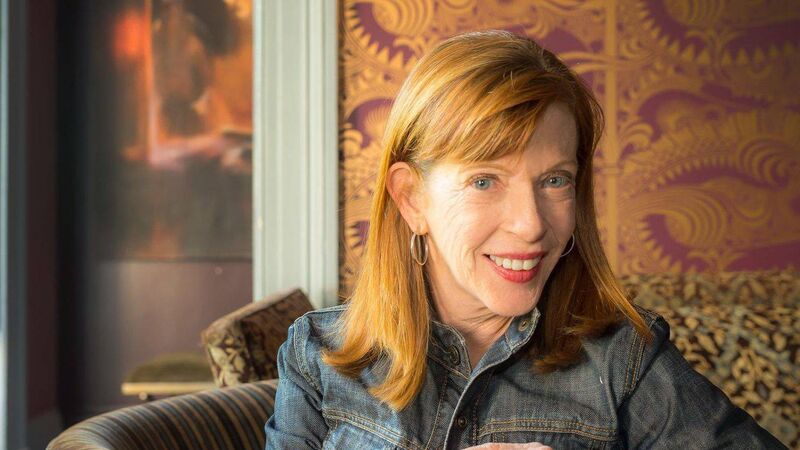Author interview: Orlean’s open approach provides rich insight into storytelling world

Susan Orlean: ‘The New Yorker’, between the print magazine and the website, has more readers than it ever did. That gives me hope. Picture: Noah Fecks
- Joyride
- Susan Orlean
- Atlantic Books, £20.00




